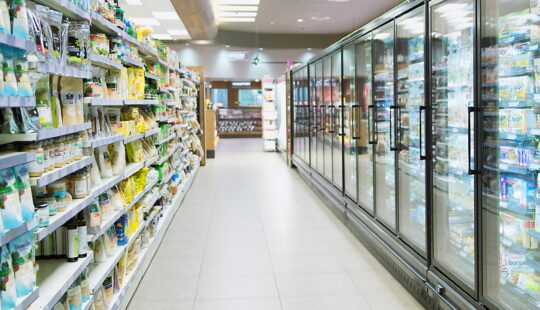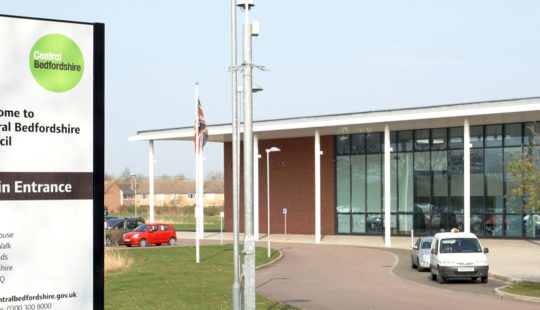Following SAP’s recent announcement of a €1/4 billion investment in the UK over the next five years as part of its growth strategy, Oxford Economics was commissioned to produce an independent analysis of SAP’s current contribution to the economy of the UK.
This report quantifies and qualifies the existing impact that SAP is making in the UK economy, in alignment with the United Nations Sustainable Development Goals.
The findings reveal that SAP made an overall contribution of £687 million to the UK’s GDP in 2020. Of the £687 million gross value-added contribution to UK GDP, some £410 million was generated by SAP itself, while its procurement stimulated another £37 million along its domestic supply chain. The payment of wages by SAP and the firms in its supply chain, supported a further £240 million contribution to GDP.
At the national level, SAP’s activities had a significant impact on UK employment, supporting a total of 6,150 jobs across the UK. The company itself employed 2,457 people and its procurement spending is estimated to have stimulated another 540 jobs along its supply chain. A further 3,160 jobs were supported by the payment of wages by SAP and the firms in its supply chain.
Driving the UK’s levelling up agenda
The report has highlighted the impact that SAP’s procurement contributes to the levelling up agenda. The business proactively procures goods and services in deprived areas where local business needs support. Some £9.8 million (28%) of its procurement spend in the UK went to suppliers located in the 10% of local authority districts with the lowest one-year business survival rates. Likewise, 27% of its spend went to suppliers in the 10% of local authorities with the highest economic inactivity rates among its residents.
Growing the partner ecosystem
SAP is driving considerable investment in the UK via its partner ecosystem. Its network of nearly 1,000 partner firms in the UK earned an estimated income of £940 million from selling SAP licences, developing apps, and offering consultancy services to run or service SAP for other companies. Around 7,200 jobs in SAP’s partner ecosystem in the UK are dependent on SAP software.
Supporting social enterprise
SAP also seeks to foster social enterprises. This is through its own procurement plan called 5 & 5 by ’25, where the company aims to divert 5% of addressable procurement spending to social enterprises and diverse businesses by 2025. In 2020, some £347,000 of its procurement spend was with Social Enterprises. It also donated money to Social Enterprise UK, which aims to create a favourable environment in which social enterprises can thrive.
Enabling sustainable growth
The report shows SAP has a limited environmental impact on the UK. In total, across its direct and indirect footprint, it is estimated to have prompted 8.1 kt in CO2 emissions in 2020. Notably though, through its carbon offsetting programmes such as the SAP Forest UK (with The Carbon Community), SAP achieves significant carbon reductions in the UK. It managed carbon emission reductions of 2.6 Kt in 2020, equivalent to 62% of its own (direct operation) footprint.
Michiel Verhoeven, Managing Director SAP UK & Ireland, said: “SAP’s vision from day one has been to help the world run better and improve people’s lives; a purpose that we are all very proud of and fully committed to embracing in the United Kingdom. We are supporting the UKs biggest brands and emerging businesses, tackling the world’s greatest environmental challenges and helping business get back to best as we slowly emerge from the pandemic.
“During a time that has been understandably challenging for the global business environment, I am proud to be the UK Managing Director of a company that is making such a positive impact in the UK economy, and is absolutely committed to creating positive economic, environmental, and social impact worldwide.”
You can access the full report here.



